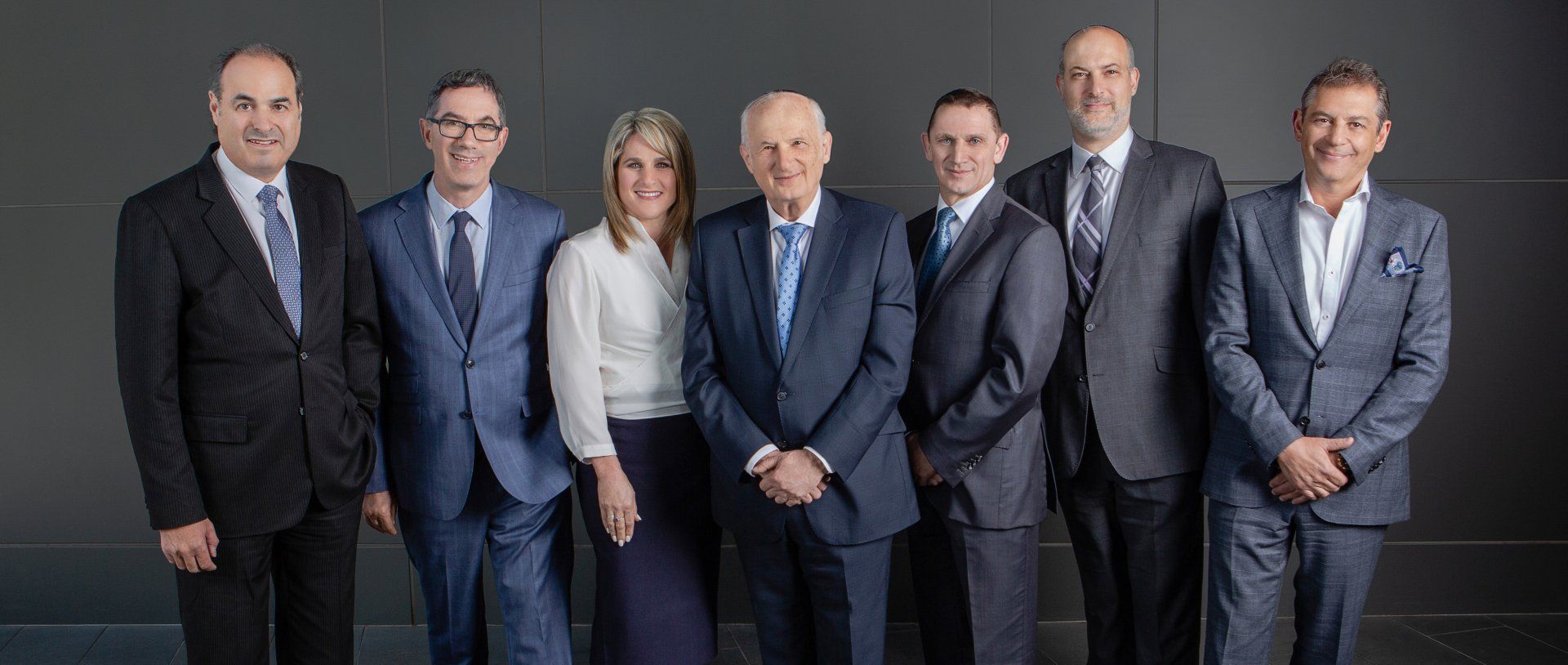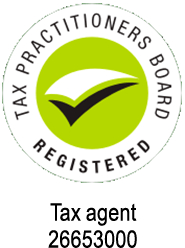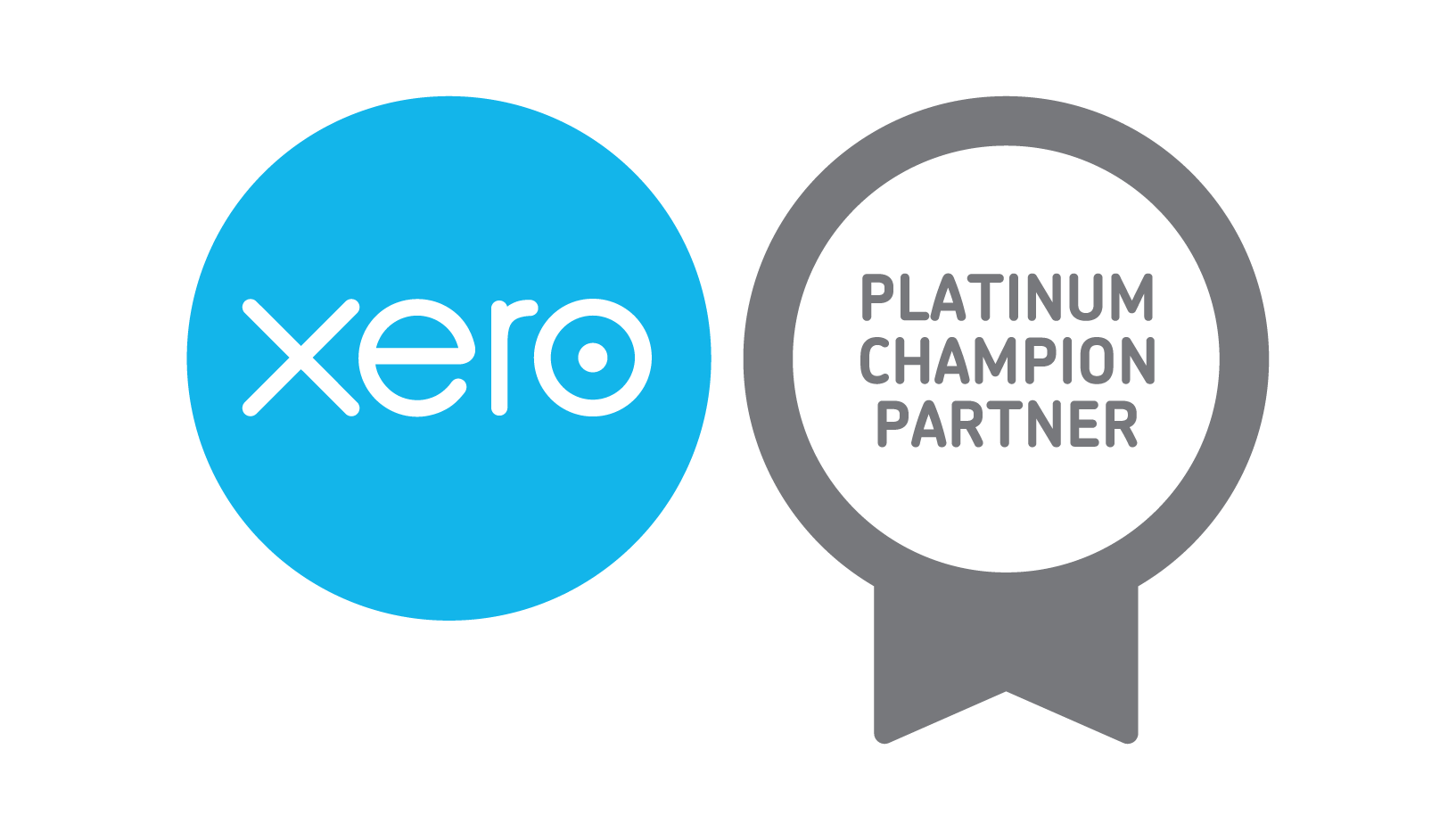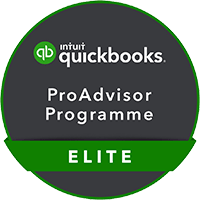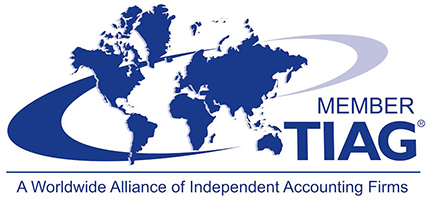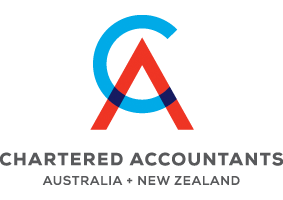Our clients have been turning to our high-calibre team of chartered
accountants and strategic advisors – generation after generation.
Our Partners
& Directors
Our Services
We offer smart strategic advice to help you grow your business, structure it effectively and adapt to change over the long term.
As auditors with integrity and acute attention-to-detail, we'll ensure you stay compliant by meeting every standard.
Using our expertise and intuition, we'll help you navigate tough financial times with smart, swift and timely recommendations.
Our expert accountants will attend to all your tax and compliance needs – while upholding a strong relationships focus.
Whether it's starting a company or complying with ASIC requirements, let Lowe Lippmann oversee all your corporate secretarial affairs.
We can help you navigate the complex world of international tax planning – while supporting you through the administrative hurdles you'll face.
Property Audit & Assurance is our specialty service division born out of our focus and growing reputation in expert audit & assurance services for Owners corporations and managed properties.
Our financial planning aims to provide individual and corporate clients with high quality personalized financial advice and services, covering all aspects of financial planning.

